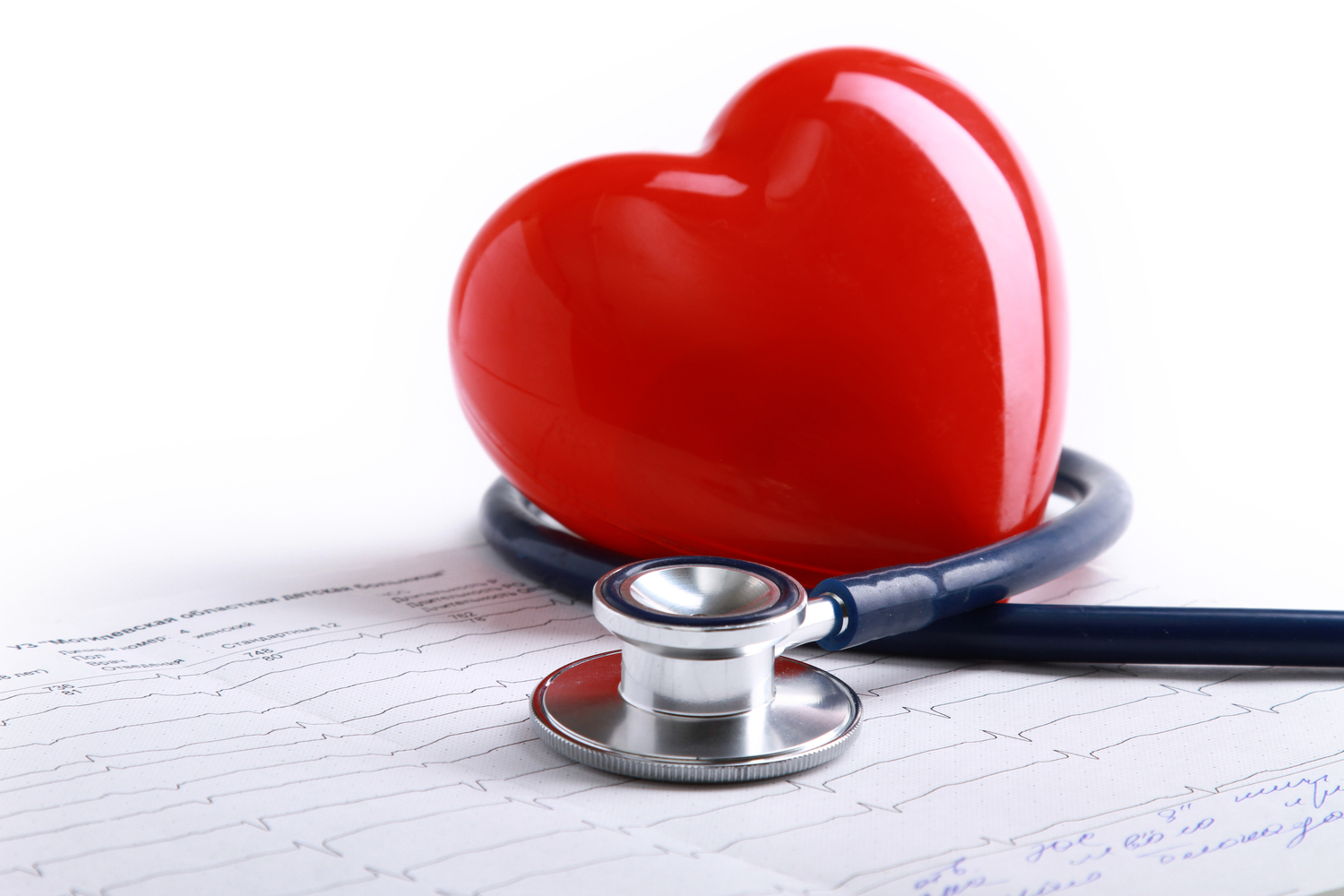
Different Types of Heart Diseases and Associated Symptoms
Any disorder that affects the circulatory system is referred to as heart disease. Heart illness comes in various forms, each affecting the heart and arteries in distinct ways. A variety of risk factors can influence whether or not you’re at risk of heart disease. However, age and heredity are two factors you can’t control. Other heart disease triggers include smoking, blood pressure, high cholesterol, and clinical depression.
For some people, lifestyle adjustments and medication can make a significant difference in their health. In contrast, others may require surgery to restore their heart’s functionality:
1. Atrial fibrillation
Atrial fibrillation (AFIB) is a heart ailment in which the heart rate is erratic and often abnormally fast—it can be greater than 100 beats per minute in some circumstances. This heightened heart rate might result in dizziness, shortness of breath, and exhaustion. However, sometimes AFIB can occur without causing any symptoms, and a person suffering from it may be completely ignorant that their heartbeat is abnormal.
2. Cardiomyopathy
Cardiomyopathy is a cardiac muscle condition that makes it difficult for your heart to pump blood throughout your body and can result in heart failure. Dilated, restrictive, and hypertrophic are three primary forms of cardiomyopathy. Treatment options depend on the type of condition and how serious it is. The options may include surgery, drugs, and, in extreme situations, a heart transplant. In the early phases of cardiomyopathy, there may not be symptoms or signs. However, as the illness progresses, signs and symptoms such as coughing, fatigue, dizziness, and swelling of the legs, ankles, or feet are common.
3. Pericardial disease
The accumulation of too much fluid in the pericardium is known as pericardial effusion. A thin layer of fluid is usually present in the area between these layers, but excess fluid might develop if the pericardium becomes inflamed due to disease or injury. The condition exerts strain on the heart and affects its function. Also, if left untreated, it can lead to cardiac failure or, in the worst-case scenario, death. Symptoms of pericardial disease include chest fullness, shortness of breath, and feeling faint.
4. Heart valve disease
Heart valve disease happens when the valves in your heart don’t function properly. Rheumatic fever, congenital abnormalities, degradation over time, and infection are common causes of valve disease. If left untreated, the condition can harm one’s quality of life or even be fatal. However, the valves are often repaired or replaced surgically. Valve disease might advance to the point that symptoms, such as shortness of breath, palpitations, rapid weight gain, weakness, dizziness, and edema, emerge.
5. Coronary artery disease (CAD)
When a waxy material called plaque builds up inside the arteries that carry blood to the heart muscle, it is known as coronary artery disease (CAD). Building up enough to actually block blood flow can take decades, but it can eventually lead to a heart attack or failure. You might not exhibit any symptoms in the early stages. However, as the plaque builds up and restricts blood flow to the heart muscle, you may experience shortness of breath or exhaustion. Angina, or chest pain, is the most prevalent symptom of CAD. You may also feel pain in your shoulders, arms, back, or jaw.
If you have a history of cardiovascular disease, you’ll need to see your cardiologist frequently to ensure that your heart functions properly. Inquire with your doctor about how often these visits should be scheduled. If your symptoms become more intense or persistent, contact your doctor immediately.



